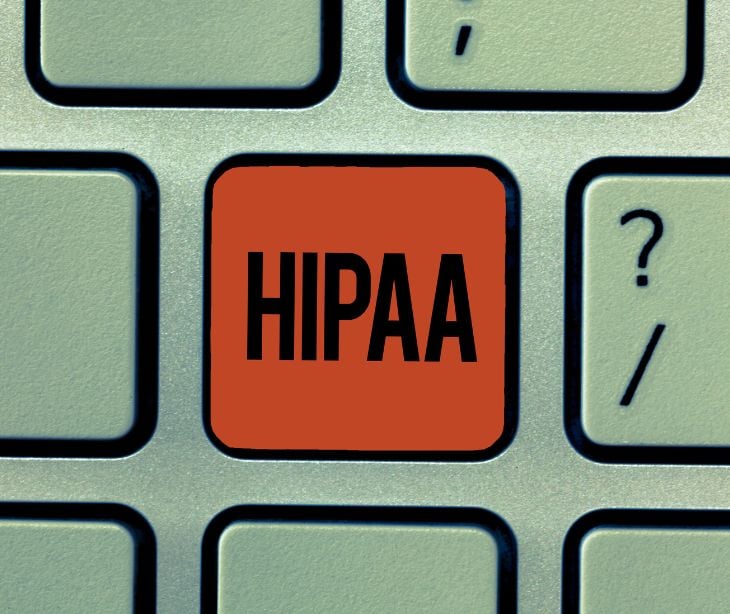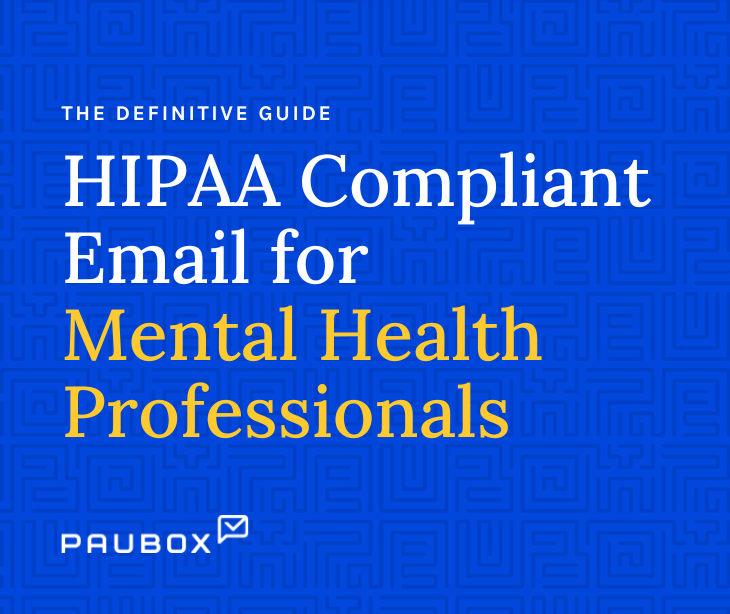3 min read
Can employee training impact insurance claims after a HIPAA breach?
Tshedimoso Makhene
November 10, 2023

Employee training influences insurance claim processes following a HIPAA breach. The consequences of a HIPAA breach can be severe, ranging from legal penalties to financial losses. Properly trained employees can help prevent breaches and effectively respond to HIPAA breaches when they occur.
What is a HIPAA breach?
The Department of Health and Human Services (HHS) defines a breach as “an impermissible use or disclosure under the Privacy Rule that compromises the security or privacy of the protected health information.” It refers to the unauthorized acquisition, access, use, or disclosure of protected health information (PHI) in violation of the Health Insurance Portability and Accountability Act (HIPAA) regulations. A breach can occur when PHI is exposed to individuals or entities not authorized to access it, potentially compromising the privacy and security of patient data. When a HIPAA breach occurs, it triggers legal and regulatory requirements for reporting and mitigating the breach, and it can result in penalties and consequences for the entity responsible for safeguarding the PHI.
Go deeper:
How to avoid HIPAA violations
The best way to avoid HIPAA violations is to be HIPAA compliant. Safeguarding protected health information (PHI) and keeping an eye out for security threats are two things that healthcare providers should continuously do.
Perform a risk analysis to detect security gaps and create a personalized risk management plan to address them.
Related: How to develop HIPAA compliance policies and procedures
How employee training affects insurance claims
Well-trained healthcare professionals and staff can ensure quality patient care and manage risk, which can influence insurance claims in the following ways:
- Improved quality of care: Proper training ensures healthcare professionals have the knowledge and skills to deliver high-quality patient care. When medical staff is well-trained, they are less likely to make errors or omissions that could lead to malpractice claims.
- Risk reduction: Comprehensive training programs often include education on patient safety, infection control, and best practices. These measures can reduce the risk of medical errors, infections, and other adverse events, ultimately leading to fewer insurance claims.
- Enhanced patient communication: Training in communication skills can help healthcare professionals establish better rapport with patients, improving the patient experience and reducing the likelihood of claims related to miscommunication or dissatisfaction. HIPAA compliant email solutions are a method that healthcare organizations can use to train their employees.
- Legal and ethical compliance: Healthcare professionals must adhere to legal and ethical standards in patient care. Training in medical ethics, legal compliance, and informed consent helps ensure that healthcare providers act within the law's boundaries, reducing the risk of legal disputes.
- Documentation and record keeping: HIPAA compliant documentation can be vital in defending against claims and lawsuits. Well-maintained records can provide a clear account of patient care and decisions made, helping healthcare providers and insurers when disputes arise.
- HIPAA and patient data security: HIPAA training ensures that healthcare professionals understand their responsibilities in safeguarding patient data. Proper data security training can minimize the risk of data breaches and related insurance claims.
- Compliance with safety protocols: Healthcare organizations must adhere to safety protocols and guidelines. Training ensures that staff is aware of safety measures, reducing the risk of accidents and claims related to workplace injuries or safety breaches.
- Early detection and reporting: Training programs often teach healthcare professionals to promptly recognize and report potential issues. This early detection can lead to faster interventions and resolution of problems, reducing the severity and frequency of claims.
- Insurance premiums: Insurers often consider healthcare organizations' training and risk management practices when determining premiums. A well-documented and effective training program can result in more favorable premium rates.
- Legal defense: In the event of a healthcare-related claim, having well-trained staff can be a valuable asset. Healthcare providers can better defend themselves when shown that they provided comprehensive training to their employees and that the care adhered to established standards and protocols.
Related: How often should HIPAA training be conducted?
FAQs
How does employee training relate to HIPAA compliance?
Employee training is a fundamental requirement under HIPAA. It ensures that staff understand the Privacy and Security Rules, which helps prevent breaches. Comprehensive training also demonstrates an organization’s commitment to compliance, which can impact insurance claims after a breach.
What kind of training is required to mitigate risks?
HIPAA training should include:
- Recognizing PHI and handling it securely.
- Identifying and responding to potential cyber threats.
- Following internal policies for reporting incidents.
- Regular updates to address evolving risks, such as ransomware or phishing attacks.
Read also: HIPAA training courses and programs
How does documented training impact breach investigations?
Maintaining records of training sessions, including attendance and topics covered, can serve as evidence during breach investigations. This documentation demonstrates that the organization took reasonable steps to educate employees, which can positively impact regulatory reviews and insurance claims.
Subscribe to Paubox Weekly
Every Friday we'll bring you the most important news from Paubox. Our aim is to make you smarter, faster.



